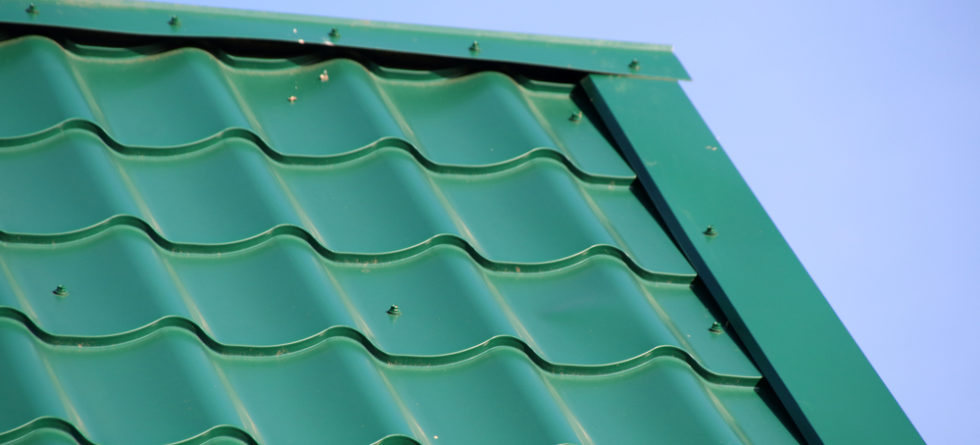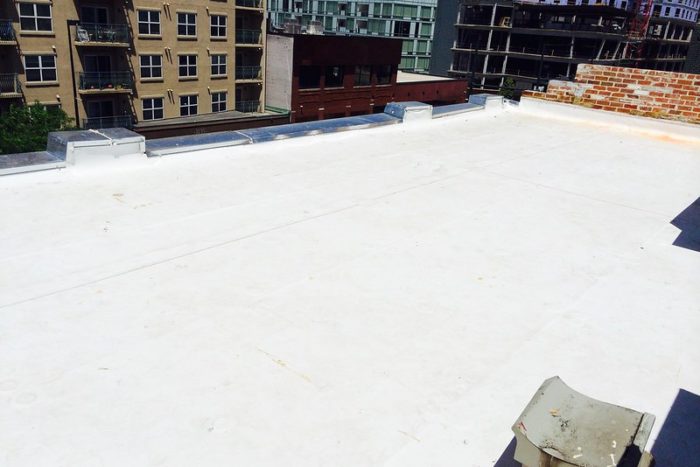What’s The Difference Between TPO And PVC Roofing?

TPO and PVC Roofing
TPO (Thermoplastic Olefin) and PVC (Polyvinyl Chloride) are single-ply roofing membranes commonly used in commercial roofing applications.
Differences between TPO and PVC Roofing…
- Material Composition
- TPO – Made from a blend of rubber and plastic materials, typically ethylene-propylene rubber and polypropylene.
- PVC – Made from polyvinyl chloride, a type of thermoplastic polymer.
- Durability and Longevity
- TPO – Offer good durability and resistance to UV radiation, heat, and chemical exposure. They typically have a lifespan of 15-25 years.
- PVC – These materials are durable and long-lasting and can last more than 30 years, with excellent resistance to chemicals, punctures, and fire.
- Energy Efficiency
- TPO – Often preferred for their energy-efficient properties, as they have high solar reflectivity and emissivity, helping to reduce cooling costs.
- PVC – Offers good energy efficiency, with similar solar reflectivity and emissivity properties to TPO.
- Installation
- TPO – Typically installed in rolls and welded together using heat or solvents to create a watertight seal.
- PVC – Installed similarly to TPO, with rolls welded together to form a seamless, watertight barrier.
- Environmental Impact
- TPO – Considered environmentally friendly, as they can be recycled after use and do not contain chlorine or plasticizers.
- PVC – Recyclable but may contain chlorine and plasticizers, which can raise environmental concerns during manufacturing and disposal.
- Cost
- TPO – Tends to be more cost-effective compared to PVC, making them a popular choice for budget-conscious projects.
- PVC – These are typically more expensive than TPO but offer superior durability and longevity, which may provide long-term cost savings.
Both TPO and PVC roofing membranes offer excellent waterproofing and performance characteristics suitable for commercial roofing applications. Seek professional advice for the best option.


Leave a Comment